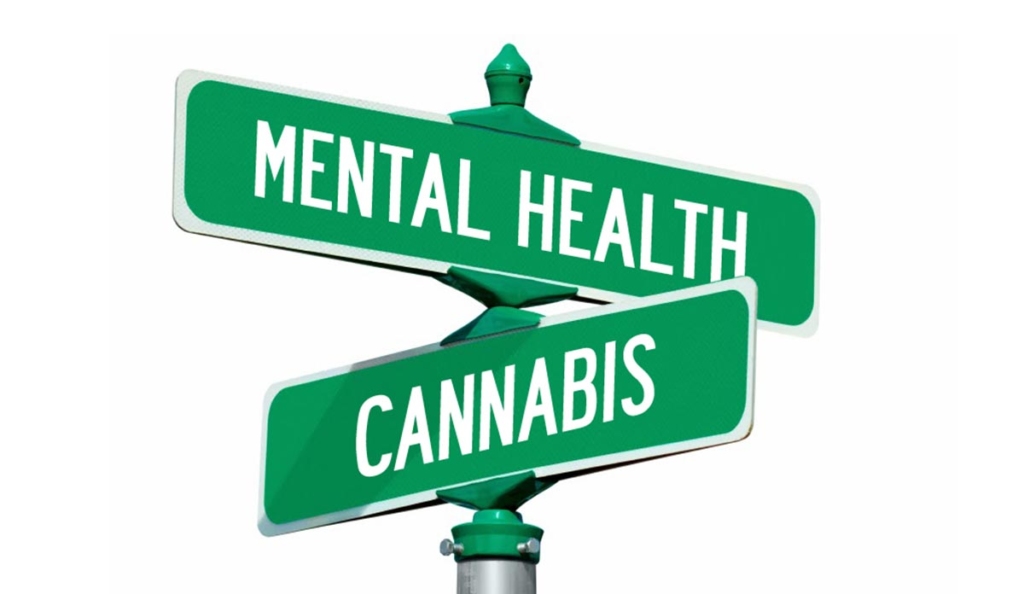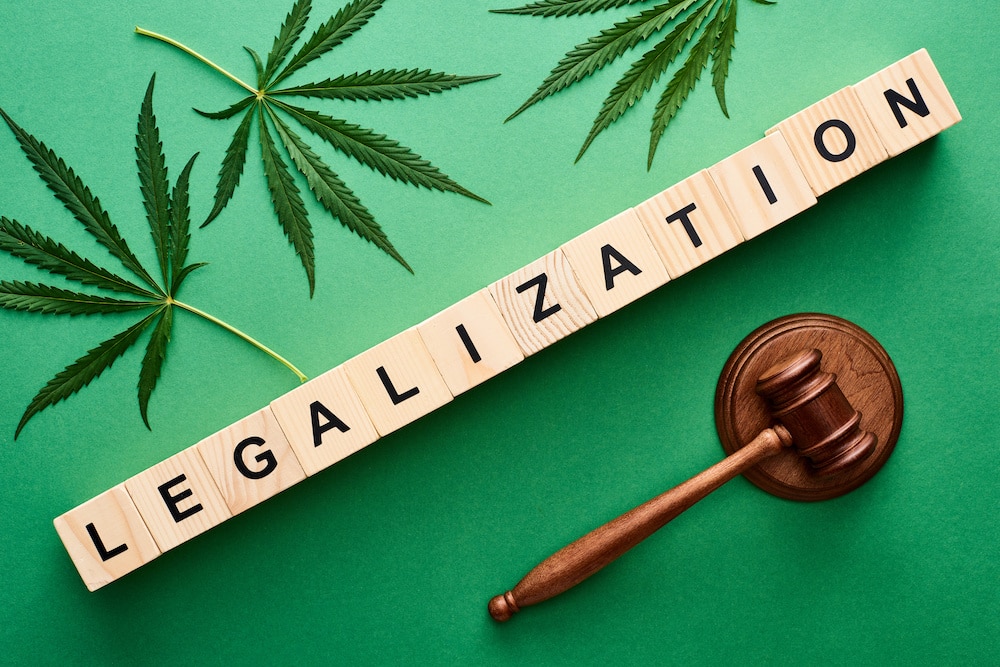(Part - 1)

Hemp-based goods have seen exponential development, potential, and demand in recent years, owing to the drive toward plant-based and sustainable sectors.
It’s the 21st century and India has not yet experienced or reaped the rewards of this miracle plant. Cannabis in India has been in existence for decades now. But what makes it still unknown?
India’s History with Cannabis
When it comes to hemp, we seldom associate it with our Indian culture. The cannabis family is always referred to as a “western drug.” They do, however, have a long history together.
Hemp has always been employed in the Indian Ayurvedic discipline. Despite its therapeutic and industrial benefits, hemp cultivation and usage in India are subject to a plethora of regulations.
Given that cannabis is frequently connected with narcotics and unlawful consumption, companies throughout India are attempting to raise awareness about the multiple advantages of hemp, CBDAY being one of them!
Various Indian states have passed laws repressing and criminalizing hemp growth in India as well as the processing and consumption of cannabis products.
Even though hemp is regarded as one of the five holy plants listed in the Vedas, hemp was always misunderstood as a psychotic drug just because it belongs to the cannabis family.
What is Hemp?
Hemp is a plant in the same family as cannabis. In contrast to cannabis, hemp contains very low quantities of tetrahydrocannabinol (THC), less than 0.3%, whereas cannabis or marijuana contains 20% or more.
Hemp is NOT a drug for intoxication. In a common man’s language, the NDPS Act does become tricky when it comes to defining the wonder plant. According to this act, hemp leaves, seeds, and stalks are free from taxation. Only the usage of flowers/ganja/charas or any derivative thereof is forbidden.
Marijuana has a THC content of up to 20%, while hemp has a THC content of less than 0.3 %, excluding it from the list of psychedelic substances.
The Difference

Cannabis indica is used for recreational and medical purposes, whereas Cannabis Sativa is used for industrial hemp.
Cannabis has a higher THC content and a lower CBD content. Hemp has more CBD and less THC than marijuana.
Legally, “marijuana” refers to cannabis with a THC content of more than 0.3 percent by dry weight. The THC concentration varies amongst cannabis plants. Some strains are developed to have more THC than others.
One element that frequently continues to baffle consumers is whether the CBD in the goods is derived from hemp or cannabis. The quick explanation is that they are derived from several strains of the Cannabis sativa plant.
Cannabis sativa plants with less than 0.3 percent THC are classified as hemp or industrial hemp under the 2018 Farm Bill.
Uttarakhand, Uttar Pradesh, was the initial state to legalize hemp farming. Madhya Pradesh and Manipur are a few of them. Other states, including Himachal Pradesh, are also going to open their doors for hemp production sooner or later.
A push to legalise hemp growing began in 2015. Many countries have begun to legalise cannabis. Fortunately, the NDPS Act permits individual Indian states to regulate hemp cultivation as long as they have the infrastructure in place to guarantee that THC concentrations are less than 0.3%.
Unexplored Health Benefits
Many hemp variants have none of the psychoactive properties associated with cannabis. Hemp seeds and hemp oil derived from crushed hemp seeds are high in nutrients ( this includes vitamins, minerals, and compounds that can give considerable health advantages).
Some of the benefits are:
Heart Disease Risk is Reduced
- Hemp seeds are high in beneficial fats like omega-3 and omega-6 fatty acids.
- Omega-3 and Omega-6 have been linked to better heart health by lowering cholesterol, blood pressure, and triglycerides.
PMS Symptoms Reduced
- Hemp oil contains gamma-linolenic acid (GLA), which has been related to a reduction in PMS symptoms. GLA decreases the body’s response to the hormone prolactin.
- Soluble fibre functions as a prebiotic, feeding the “healthy” bacteria in your intestines.
Some Additional Benefits Of Hemp Are:
- Reduce osteoporosis symptoms (bone density loss)
- Hemp includes antioxidants/molecules that protect cells from harm and may help lessen cancer risk.
Cannabidiol (CBD) – a cannabinoid that has grown in popularity since hemp was legalised on a federal level. (0.3 percent THC).
CBD has the potential to aid in the treatment of:
- Chronic Pain
- Psychosis
- Anxiety And Depression
- Digestive Disorders
- Insomnia
Although there is some hope that industrial hemp production may take off in India because of these verified and proven health benefits and approved laws and regulations. IT IS TIME TO MAKE FULL USE OF THE WONDER PLANT.
























